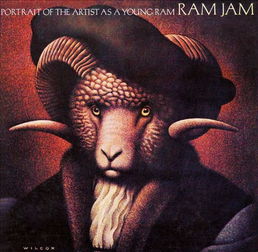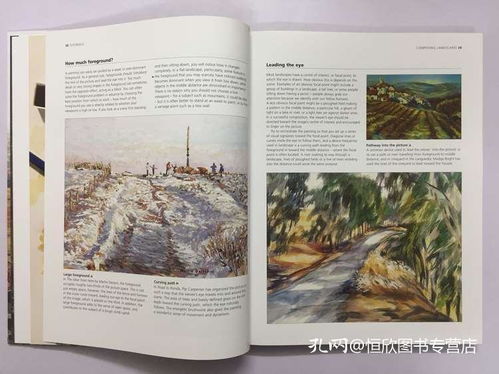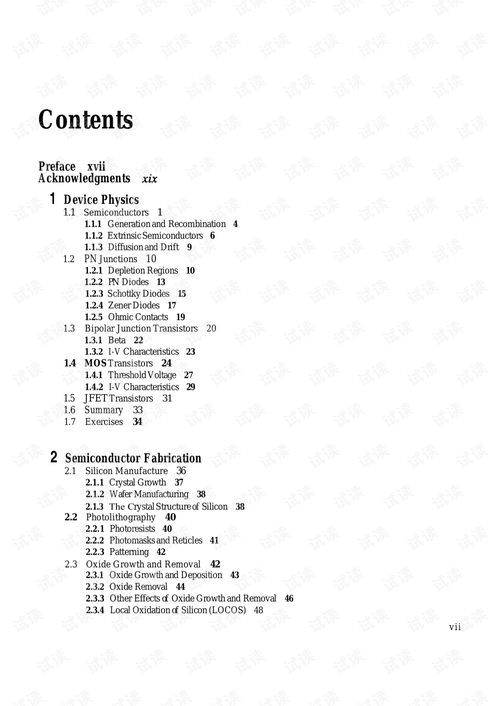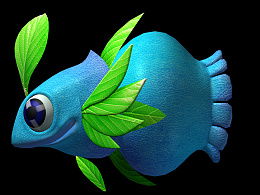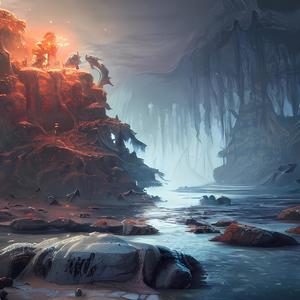Content:
Fishing in northeastern rivers is a popular pastime that has been cherished by locals and tourists alike. The region's abundant waterways offer a serene and rewarding experience for anglers of all levels. However, to make the most of your fishing trip, it's essential to acquire some valuable tips and techniques. In this article, we will explore the best ways to fish in northeastern rivers, ensuring that you have a successful and enjoyable experience.
Choose the Right Equipment
Before setting out on your fishing adventure, it's crucial to select the appropriate equipment. Here are some essential items to consider:
a. Rod and Reel: The choice of rod and reel depends on the type of fish you're targeting. For instance, if you're after largemouth bass, a medium-heavy action rod with a spinning reel is ideal. Make sure the rod and reel are in good condition and well-maintained.
b. Line: The type of line you use will depend on the fish species and the water conditions. Monofilament line is versatile and works well in most situations, while fluorocarbon line is excellent for its low visibility and sensitivity.
c. Lures and Baits: The selection of lures and baits should be tailored to the specific fish species in the northeastern rivers. Common options include spinnerbaits, crankbaits, jigs, and live bait such as worms, leeches, and minnows.
Learn the Lay of the Land
Understanding the layout of the river is crucial for successful fishing. Here are some tips to help you navigate the northeastern rivers:
a. Research the River: Familiarize yourself with the river's geography, including the locations of dams, bridges, and other landmarks. This information will help you identify potential fishing spots.
b. Observe the Water Flow: The current of the river can significantly impact fish behavior. Learn to identify areas where the current is slower, such as behind rocks or logs, as these spots are often prime fishing locations.
c. Study the Vegetation: Vegetation, such as grasses and weeds, can provide excellent cover for fish. Target these areas when fishing, as they often attract more fish activity.
Master the Art of Casting
Casting is a fundamental skill that requires practice and precision. Here are some tips to improve your casting technique:

a. Practice Casting: Spend time practicing your casting technique before heading out to the river. This will help you develop a consistent and accurate cast.
b. Pay Attention to Wind Conditions: Wind can affect your casting. Learn to adjust your casting angle and power to compensate for wind resistance.
c. Be Mindful of Distance: Aim for a casting distance that allows you to reach your desired fishing spot without spooking the fish.
Learn to Read the Water
Reading the water is an essential skill that will help you identify fish-holding areas. Here are some tips to help you become a better water reader:
a. Observe the Surface: Look for disturbances on the water's surface, such as splashes or ripples, which may indicate the presence of fish.
b. Pay Attention to Structure: Identify areas with submerged rocks, logs, or other structures that can provide shelter for fish.
c. Use Your Senses: Be aware of your surroundings, including the sounds and smells of the river. These cues can help you detect fish activity.
Adapt Your Techniques
Fishing in northeastern rivers requires adaptability. Here are some tips to help you adjust your techniques:
a. Vary Your Lures: Experiment with different lures and baits to see which ones attract the most fish.
b. Adjust Your Presentation: Depending on the fish species and water conditions, you may need to adjust your retrieve speed, depth, and technique.
c. Be Patient: Successful fishing often requires patience. Spend time observing the water and adjusting your approach to increase your chances of catching fish.
In conclusion, fishing in northeastern rivers can be a rewarding experience with the right techniques and knowledge. By choosing the appropriate equipment, understanding the river's layout, mastering casting, reading the water, and adapting your techniques, you'll be well on your way to a successful fishing trip. Happy fishing!

